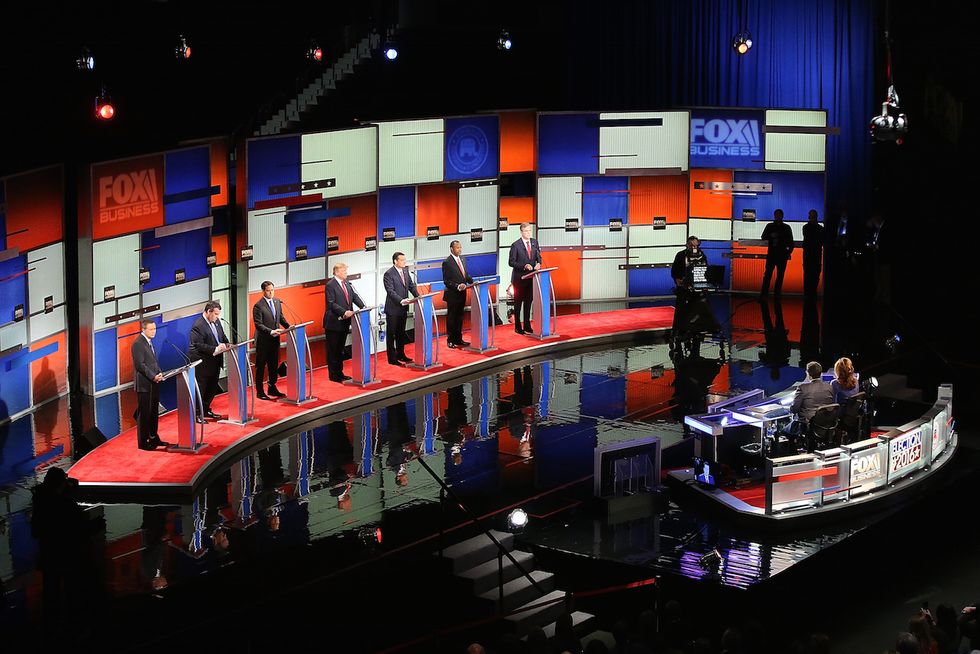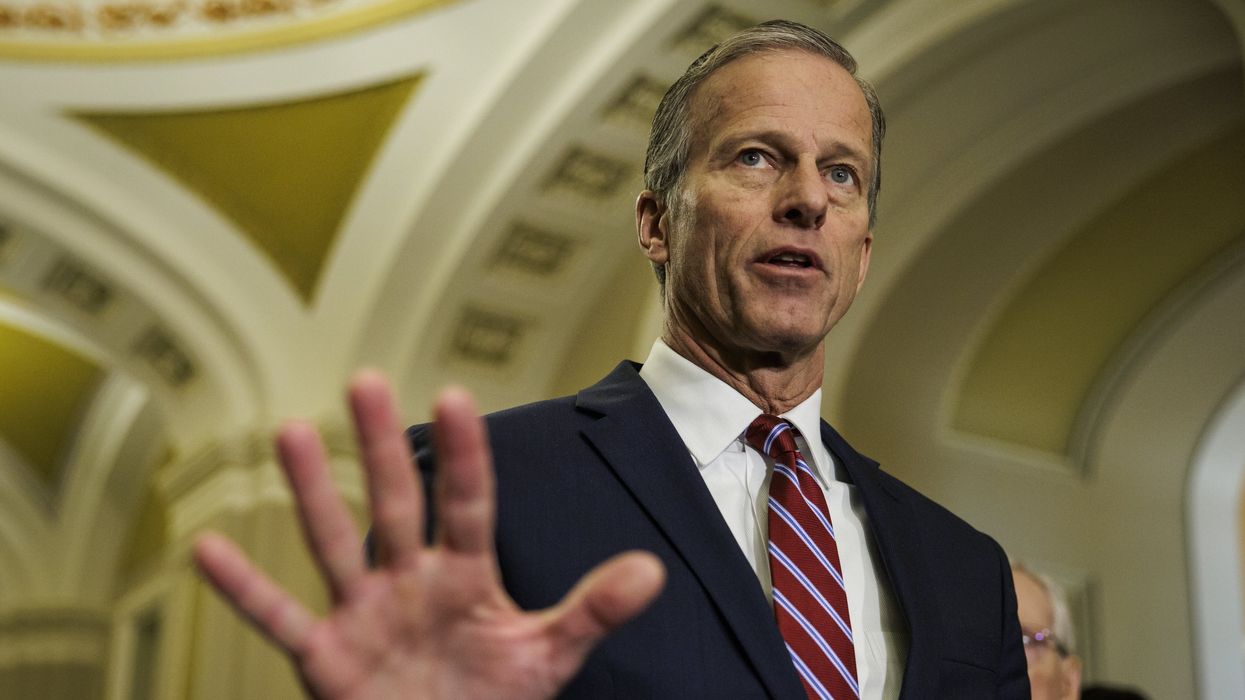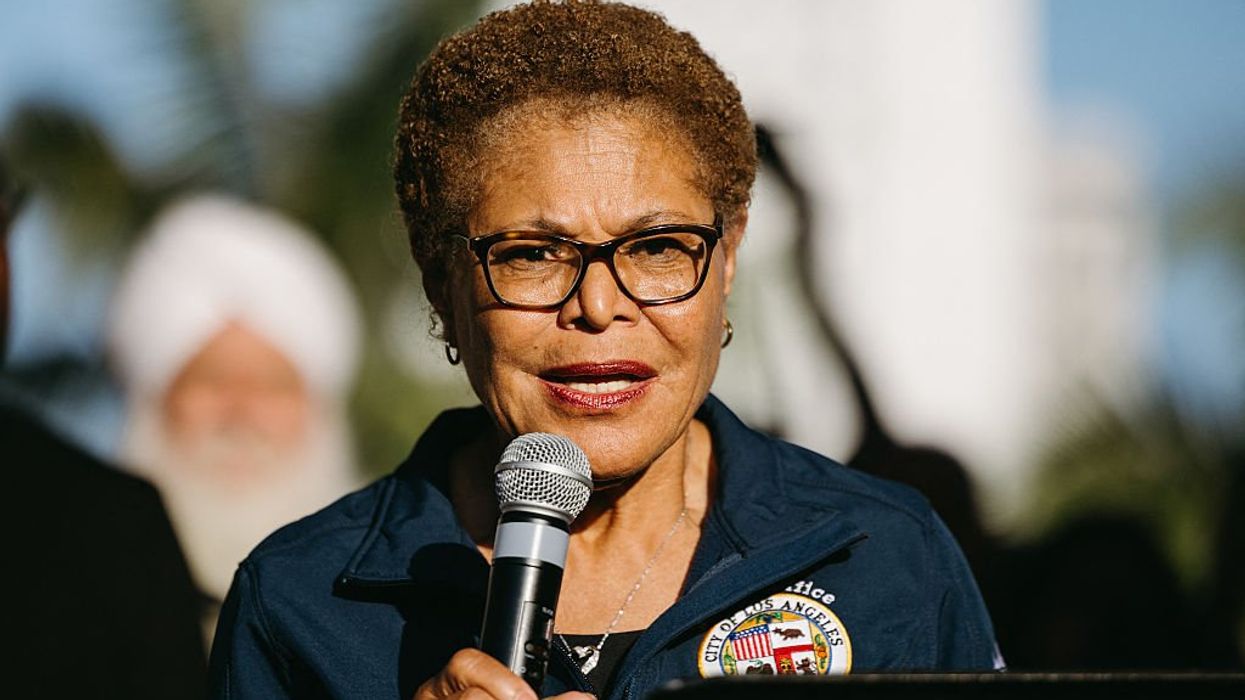When running for president of the United States, one would assume stress and tension run high. That might be the case for most, but not for Republican frontrunner Donald Trump, who was dubbed the "low-stress candidate" based on research released Friday.
Voice analysis experts behind the smartphone app Sharecare determined the billionaire businessman to be the least-stressed presidential hopeful after using the software to test the candidates at Thursday's GOP debate and an earlier Democratic debate, according to MarketWatch.
Over the course of the campaign so far, Trump has frequently referred to himself — and been characterized by many in the media — as an "outsider" and, after conducting their study, the analysts at Sharecare determined that to be particularly true when it comes to stress.
"His signature is low stress. He's a real outlier," Sharecare chief innovation officer Erik Feingold told MarketWatch.
For most, stress increases when they are involved in a heated confrontation. But that's not the case for Trump. In fact, he maintains a very low stress level when he's on the attack — a development Feingold said was "remarkable."
The app software showcased Trump's uniquely low stress levels best during his feud with Republican presidential rival Texas Sen. Ted Cruz, during which the New Yorker's stress level only increased slightly once.
According to Sharecare's research, Cruz, who is currently leading the polls in Iowa, does experience significant spikes in his stress level, but Feingold says he manages it "very well." After monitoring Thursday's debate, the app showed that, though Cruz does get stressed, he employs humor to diffuse the situation.
In addition, Feingold says Cruz uses facts and figures to help lower his stress level, telling MarketWatch that when he uses his rhetorical skills to recite facts, his stress quickly recedes.
For example, when Trump attacked Cruz on his eligibility for the White House at the GOP debate, the Texas lawmaker referenced the fact that, earlier int he campaign, Trump said their was no issue with his eligibility, adding that, "Since September, the Constitution hasn’t changed. But the poll numbers have," which caused his stress level to decrease.
As for the Democrats, it turns out both Cruz and Democratic presidential front-runner Hillary Clinton respond to stress in the same way: using humor to dispel tension.
Feingold says Democratic candidate Vermont Sen. Bernie Sanders uses repetition in order to diffuse his stress, frequently invoking income inequality, regardless of the question he is asked. According to Sharecare analysts, doing so helps the Vermont lawmaker "appear more confident, calm."
Analysts say Sharecare uses math functions to map out frequencies and turn them into visualizations. The graphs come when researches note repeating shapes or "fractal patterns." Sharecare is an app developed by Dr. Mehmet Oz and WebMD founder Jeff Arnold, who together founded Sharecare, Inc.
—
Follow the author of this story on Twitter:






